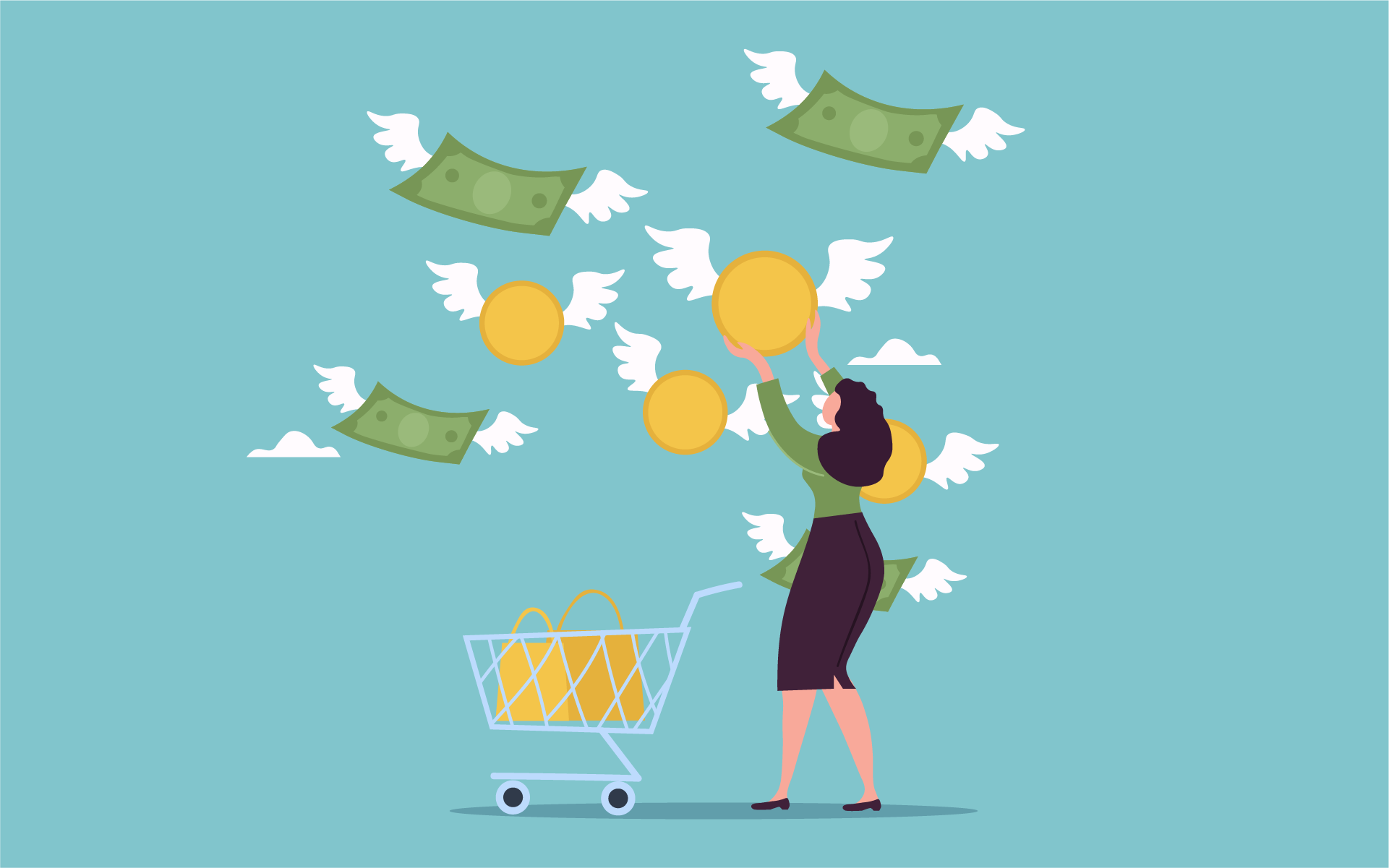My troubled relationship with money stems from my childhood. As a family, we lived beyond our means. My sisters and I didn’t understand the numbers, but we knew we were living recklessly.
We felt that things could go terribly wrong at any moment. It was similar to living with an alcoholic, which we were also doing.
While we enjoyed the fruits of this illusion – private schools, a tennis court, and a life of luxury – I now realise that we were pretending to live in a rich man’s world.
And everything did go horribly wrong. We lost everything. It’s hard to forget the confusion and humiliation I experienced in my final years of high school.
You might think this would have motivated me to make better financial choices. But sometimes we seek comfort in what we know.
My financial behaviour in adulthood has been inconsistent, delusional, foolish, and often self-indulgent, with a few smart decisions saving the day.
I used to blame others for my poor choices (look at my childhood! How could you expect me to make good decisions?), but took credit for the good ones (I’ve moved on from my past and learned from my mistakes).
Even before I could express it, I was familiar with the feeling that the good times would come to an end. I coped by living in the moment and making the most of it.
It was a reckless and exhilarating feeling. “This is a bit crazy, I can’t really afford this, but maybe we’ll all be dead tomorrow.”
I had some happy, flush times; I had some skint times. I was lucky to have a lot more fun than misery. But the rollercoaster ride wore me out.
Then I got a job in financial services. I started reading a lot about personal finance. The most important lesson for me was about taking responsibility.
“I am not just a wounded child. I am not destined to repeat the mistakes of others. I am not biologically wired to be bad with money. I have a choice.”
When I realised that everything — the good and the bad, the defeats and the victories, the hangovers and the consequences — was entirely my doing, making good choices became more appealing.
The bad choices only seemed like an option when I didn’t take ownership of them. (They belonged to a wounded child I used to know.)
Another valuable lesson I learned was that making good choices can be simple, if not always easy. Do it a few times, and soon enough, you’ll instinctively make financially sound decisions. It becomes a habit.
The game-changer was understanding that small, good choices can have a significant impact, due to the power of compound growth. Sensible investments over time can lead to substantial growth.
Now, when I indulge myself — and trust me, I do — I’m not afraid that something will soon go terribly wrong.
Overspending has its consequences, but they are manageable. Knowing that I am in control of my destiny, free to make a mess or not, is a truth that heals.

Leave a Reply